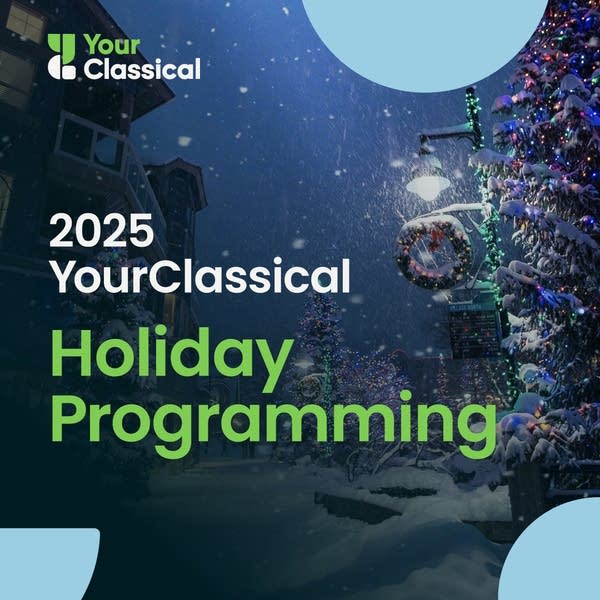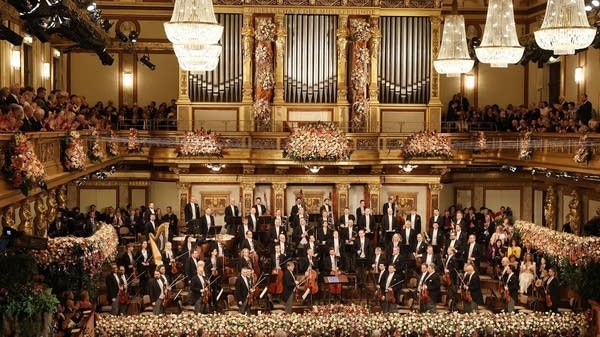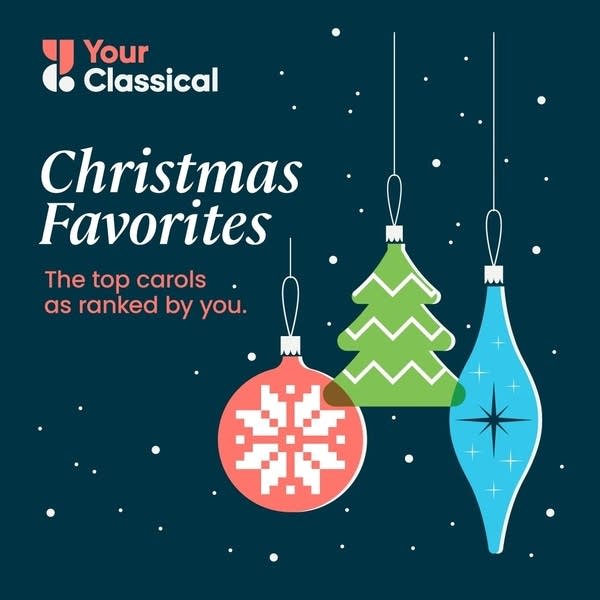Pyotr Ilyich Tchaikovsky’s The Nutcracker, with its fairy tale settings, swirling dancers and cute little mice, is one of the most beloved traditions of the holiday season. But how much do you know about the Christmas ballet, beyond the signature melodies that make up the Nutcracker Suite? Let’s crack it open!
Background
In 1890, after the success of his Sleeping Beauty, Tchaikovsky was commissioned by Ivan Vsevolozhsky of Russia’s Imperial Theatres to create another ballet. As the source material, Vsevolozhsky chose Alexandre Dumas’ adaptation of E.T.A. Hoffmann’s 1816 short story, The Nutcracker and the Mouse King.
Tchaikovsky and his Sleeping Beauty choreographer, Marius Petipa, streamlined the Hoffman/Dumas story into a more straightforward narrative.
Story
That narrative varies from production to production (even the characters’ names are sometimes different), but most follow this basic outline:
On Christmas Eve in Nurenberg, Germany, family and friends gather around the tree for a party. As the clock strikes eight, a mysterious figure enters — the toymaker Drosselmeyer, godfather to little Clara. His gift of a nutcracker in the form of a little man enchants her, and after the household has gone to sleep she returns to the parlor to check on him.
When the bells chime at midnight, the nutcracker grows to life-size and the grand room fills with soldiers made of gingerbread and tin, as well as those scampering mice, led by the menacing Mouse King. As mice and soldiers do battle, dolls arrive to tend to the wounded, and the nutcracker transforms into a handsome prince who whisks Clara off to a snowy forest.
Their next stop is the Land of Sweets, where they are entertained by the ruling Sugar Plum Fairy and representatives of the lands that provide those sweets: Spain, Arabia, China and Russia. A final waltz is performed by all the sweets before Clara and the prince are ushered off in a reindeer-drawn sleigh.
Music
This second act is where you’ll hear most of the time-tested tunes: “Dance of the Sugar-Plum Fairy,” with its delicate celesta; its counterpart, the rousing “Russian Dance”; the exotic “Arabian Dance”; the trilling “Chinese Dance”; the fluttering “Dance of the Reed Flutes,” and the sweeping “Waltz of the Flowers.” Along with an abbreviated overture and the iconic “March” from Act I, these pieces make up the Nutcracker Suite.
You might be tempted to just dial up the suite and call it a day. But take time to savor the rest of the ballet, especially the gloriously lush and melancholy “Grand Pas de Deux,” an antidote to all the sweetness.
Productions
The ballet had its premiere in St. Petersburg in 1892, with mixed success; some critics found the story hard to follow, but Tchaikovsky’s magnificent score was well-received. The first staging outside Russia wouldn’t happen until 1934, in England; the full ballet wasn’t performed in the United States until 1944.
In 1954, legendary choreographer George Balanchine staged his reworking of The Nutcracker with the New York City Ballet, beginning an annual tradition. The performance of ballerina Maria Tallchief as the Sugar Plum Fairy helped elevate The Nutcracker as a Christmas classic and arguably the most popular work in all of ballet.
Of course, the Twin Cities are home to many annual productions, including Loyce Houlton’s Nutcracker Fantasy by Minnesota Dance Theatre; Minnesota Ballet Theatre’s staging, billed as the most faithful to Petipa’s original choreography; and the St. Paul Ballet’s Nutcracker Reimagined.
Recordings
For the traditionalist, there’s none better than Antal Dorati’s 1962 recording with the London Symphony Orchestra. A favorite of dancers, it tends to rush toward the end of each piece, as if Dorati can’t wait to get to the next movement. This was his second recording of The Nutcracker; his first was with the Minneapolis Symphony Orchestra in 1955.
Valery Gergiev conducted The Nutcracker with the Kirov Orchestra in St. Petersburg in 1998, bringing the ballet back to its roots. Much of his interpretation is paced quite vigorously; even this “Grand Pas de Deux” gets a brisk treatment.
If you like your music to feel cinematic, try Simon Rattle’s 2010 version with the Berlin Philharmonic. It’s alternately playful, dramatic and downright thrilling, as you’ll hear in “The Battle.”
Film and TV
Charles Mackerras conducted the London Symphony Orchestra in the soundtrack to the 1986 movie Nutcracker: The Motion Picture, designed by Maurice Sendak. Here’s “The Christmas Tree” from the first scene.
Disney’s 1940 film Fantasia included snippets from the Nutcracker Suite to illustrate the changing of the seasons. Disney returned to the work in 2018 with The Nutcracker and the Four Realms, a kind of mashup between The Nutcracker and Alice in Wonderland.
Mikhail Baryshnikov starred in a made-for-TV version of the full ballet in 1977.
In 1993, Macaulay Culkin played the Nutcracker in a filmed version of the New York City Ballet’s production that was narrated by Kevin Kline.
The Hip Hop Nutcracker, subtitled “A Spin on the Holiday Classic,” was broadcast via streaming in 2022.
Popular music
Musicians from Duke Ellington to Brian Setzer and Harry Connick Jr. have been inspired to record alternative takes on The Nutcracker. Here’s Emerson, Lake and Palmer’s “Nut Rocker,” an organ-and-drum heavy version of “March.” It even reached No. 70 on the Billboard charts!
Love the music?
Show your support by making a gift to YourClassical.
Each day, we’re here for you with thoughtful streams that set the tone for your day – not to mention the stories and programs that inspire you to new discovery and help you explore the music you love.
YourClassical is available for free, because we are listener-supported public media. Take a moment to make your gift today.










